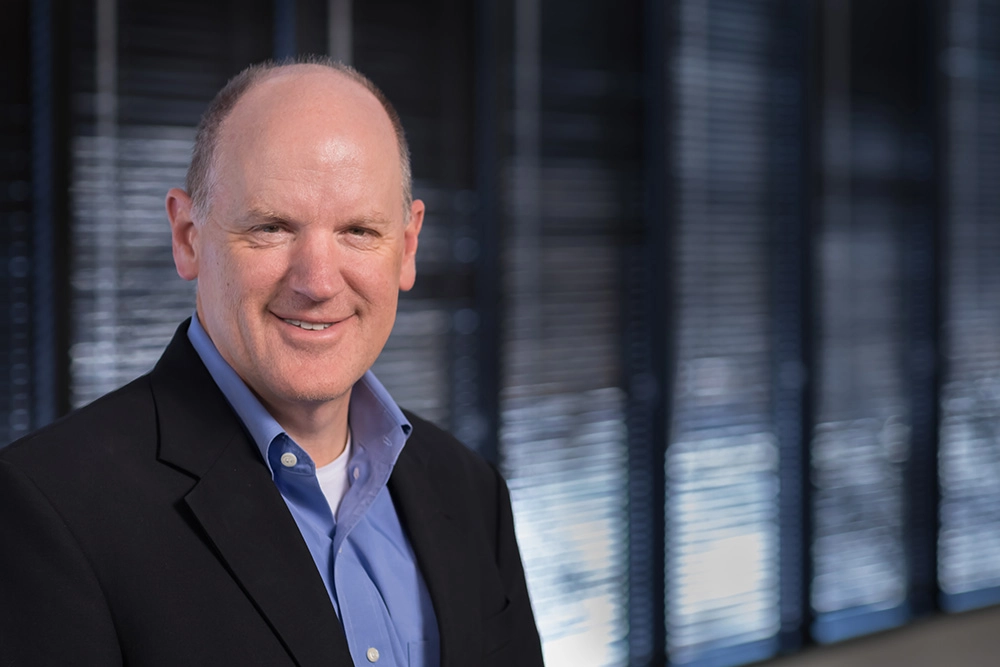Ed Gschneidner Shares Insights from 35-Year Architecture Career
After 27 years at Opus and over 35 years as an architect, Ed Gschneidner is retiring!

After 27 years at Opus and over 35 years as an architect, Ed Gschneidner is retiring!
Ed joined Team Opus as a Project Architect. After 17 years with us, he moved into the role of President. In his time, he's truly left his mark on Opus and the buildings we've built.
Before heading out, Ed shared insights from his career.
What has been the biggest change in architecture over your career?
I started working as an intern architect 37 years ago when all of our drawings were produced by hand, usually pencil on paper and occasionally ink on mylar. High-tech at that point involved using multiple layers of mylar held together with a metal clip allowing repetitive use of common building elements, typically for floor plans. At the end of a day's work, our forearms were often smeared with pencil lead. Within a dozen years nearly all of those hand produced documents were replaced with computer-generated documents.
What has helped you throughout your career to be adaptive to all the change that has occurred?
Being a lifelong learner has been key to adapting to changes because each change is built on building new knowledge and competencies. Curiosity and being willing to ask a lot of questions has also helped whenever we have been involved in new building types or complex design solutions.
How has the evolution of technology changed architecture and architects?
The technology tools we have continue to evolve and impact the way we practice. Current technology is enabling a much higher level of visualization with 3D models, animations and virtual reality. Clients have a much easier time understanding the project and their future environment.
Building Information Modeling (BIM) is also transforming the way we document projects and while the primary thrust of BIM to date has been to increase design productivity and building system coordination, there is still considerably more avenues to explore around using BIM to streamline construction work.
Have the main skills to be an architect evolved since you began your career? How so? What is required that wasn't when you began your career?
Hand drawing is a skill that few less experienced architects still possess. Geometry and trigonometry skills are less important now because computer-aided design and BIM put all of that inherently into the software; once an object or component is drawn or modeled the geometry can be measured precisely.
What is your best advice for people currently working in architecture? What about those who are interested in a career in architecture?
I still believe most architects enter the field for the love of designing. The field is rewarding in ways that few other occupations are; experiencing a building that you've designed and seeing it used by people for the rest of your life is something you never grow tired of. If you are considering a career in architecture, then make sure that you are passionate about designing buildings because that passion is the buttress that you will need to build your career around. As far as advice, it's the same advice I try to share with everyone – please try to assume that those people you interact with are acting with good intent, even if you disagree with them. It leads to a more peaceful co-existence and it creates an environment where learning and growth can occur.
The last year has been tough for everybody. What do you hope people take away from their experiences?
For me, the biggest take away has been the resilience of our Opus teams. Across the board, everyone's responsiveness, dedication and professionalism has been on display and has been stellar – it has been amazing to watch and participate in.
What are your best memories from your time at Opus?
It's hard to name just one – I've had great projects to work on, developed lifelong friendships with teammates and helped as many people as I could to find their own successes.
Of what accomplishment are you most proud?
For most of my career I would have mentioned the great projects I've been able to help get developed and built, but now I think it's more being part of the incredible personal and professional growth I've witnessed with our teams and colleagues, not only in Opus AE Group, but throughout all Opus.
***
We appreciate Ed sharing his tremendous talent and time with us for this blog post and his career!
Article Type: Blog Post
Topics: Minneapolis | Design


